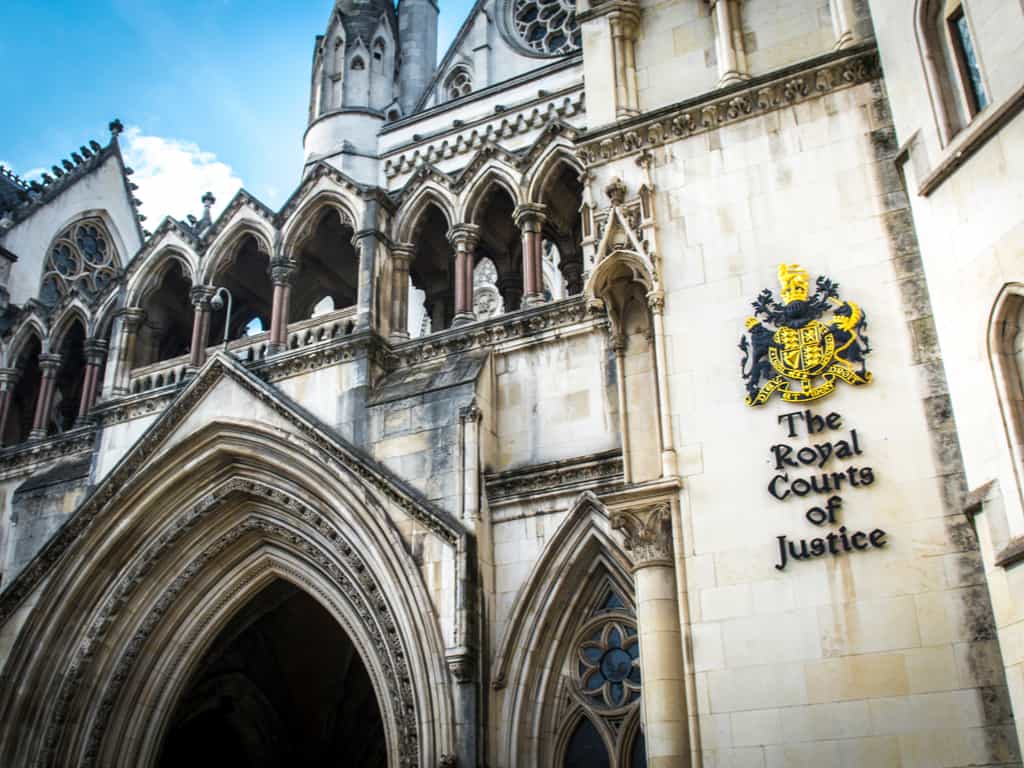Employment law update

Employment law update
Employment law is notorious for its speed of change. In this article, we look at developments which are likely to have a big impact on employment law and HR policies and practices over the next few months.
Trade Union Strike Laws
The Trade Union Act 2016 was passed on 16 May 2016. The Act makes two significant changes to the law on industrial action. First, industrial action will only be lawful when there has been a ballot turnout of at least 50%. Second, where a dispute involves those that provide an ‘important public services’ (activities within the health, education, fire and transport sectors), a turnout of at least 40% of support from all eligible members must be met for industrial action to be legal.
The implementation date of the Act is currently unclear. However, we expect phased implementation to commence later this year.
Whilst the Act will make it harder for trade unions and their members to take strike action, in particular by requiring ballot thresholds to be met in order for action to take place, the new law is likely to result in more industrial disputes ending up in the courts. Given the recent strikes in the transport sector and in particular, the tube strikes on 9 and 26 January, the industrial climate is likely to be eventful in 2017.
Apprenticeship Levy
The apprenticeship levy is scheduled to come into effect in April 2017. All employers with payroll costs of over £3m will have to pay a 0.5 per cent a year apprenticeship levy towards apprenticeship training. It is hoped that this will fund an expansion of apprenticeships.
Changes to rules for employing foreign workers
From April 2017, employers who sponsor foreign workers in the UK with a Tier 2 visa status will be required to pay the Immigration Skills Charge (“ISC”) which is due to be set at £1,000 per worker, or at the reduced rate of £364 per worker for small businesses and charities. The ISC will need to be paid in addition to the current fees for visa applications. There will also be a salary increase to £30,000 for experienced Tier 2 workers. Employers will no doubt wish to submit applications for sponsoring new Tier 2 employees, or extensions of existing Tier 2 sponsors now before the ISC is due.
Pay related:
National Minimum Wage
From the 1 April 2017, the national minimum wage will increase as follows:
• Workers aged 21 to 24: from £6.95 to £7.05 per hour
• Workers aged 18 to 20: from £5.55 to £5.60 to per hour
• Workers below 18: from £4 to £4.05 per hour
• Apprenticeship rate: from £3.40 to £3.50 per hour
Gender Pay gap reporting
The Equality Act 2010 (Gender Pay Gap Information) Regulations 2017 for private and voluntary sector employers are expected to come into force on 6 April 2017. They will require all private and voluntary sector employers with 250 or more employees to publish prescribed information about their gender pay gap results. Employers will therefore be required to carry out calculations to determine their gender pay results.
Cases
Whistleblowing
Chesterton Global Limited (t/a Chestertons) v Nurmohamed – The Court of Appeal will consider the EAT’s decision to apply a broad interpretation of “public interest” for the purposes of the Public Interest Disclosure Act 1998. In particular, the Court will consider whether disclosures made in the interest of 100 or so senior managers attract whistleblowing protection.
This case is due to be heard at the Court of Appeal on 8 June 2017.
Tribunal fees
R (on the application of Unison) v Lord Chancellor and another – Final legal challenge to employment tribunal fees expected to be heard in the Supreme Court in March 2017. It is reported that tribunal claims have fallen since the introduction of fees. As such, if tribunal fees are scrapped or reduced, it is likely to result in an increase in claims being lodged with the tribunal.
Holiday Pay
Lock v British Gas Trading Ltd – the Court of Appeal held that contractual commission and non-guaranteed overtime are payments that employers must take into account when calculating the basic four week entitlement to holiday pay under the Working Time Regulations 1998. British Gas has applied for permission to appeal to the Supreme Court and if allowed to proceed, the appeal is likely to be heard later in the year.
Religious Discrimination
In the cases of Achbita v G4S and Bougnaoui v Micropole Univers, the Court of Justice of the European Union (CJEU) will decide whether dismissal for wearing an Islamic headscarf was discriminatory. The Advocate General’s opinion in each case resulted in conflicting decisions.
Equal Pay
Brierley and others v Asda Stores – thousands of female shop floor workers have brought claims against ASDA for equal pay. The EAT will consider whether the jobs of female workers on the shop floor are comparable to male workers in distribution centres.



